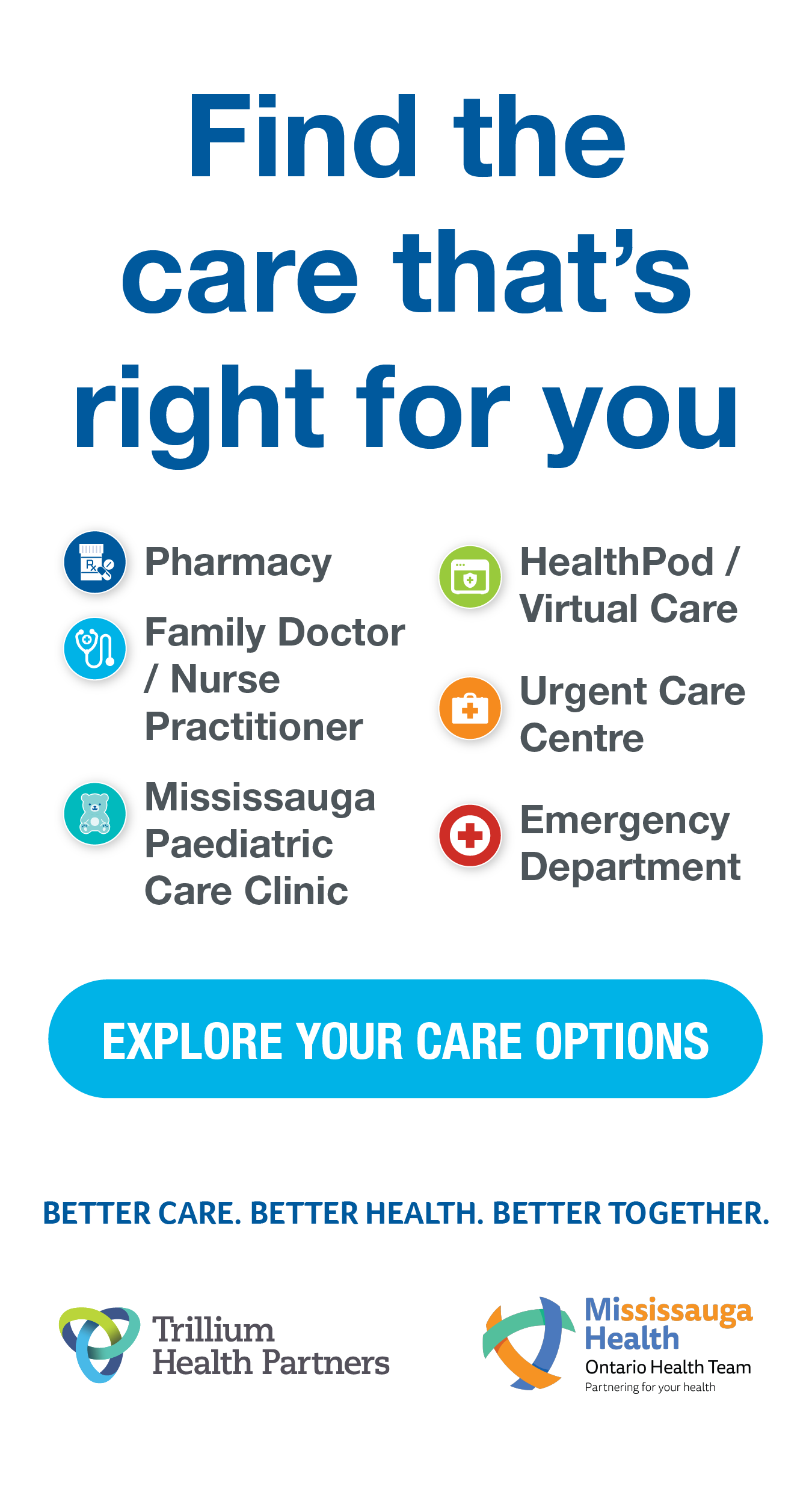on
BY: KATHY MACDONALD
It is easy to overlook the importance of nutrition when discussing educational outcomes. However, I hope that after reading this week’s column the palpable link between the two will be inextricable. Who can remember Gwen Guthrie’s single that was released in 1986, Ain’t Nothing Going On but the Rent? This song has the famous lines “No romance without finance” …. You got to have a J-O-B if you want to be with ME” . Well, I say “No education without nutrition ….. You have to have F-O-O-D if you want to count and READ”. Ok, so you might not see my version of Gwen’s song on the Billboard Chart any time soon, but the message is clear. Students learning is adversely affected when they are hungry.
Without adequate and proper nutrition, students can’t learn. When students are hungry they find it hard to focus on the educational task and have problems concentrating. Hungry kids often make poor choices. Just think about your state of mind when you are hungry. Now transpose this onto a primary school student that is still trying to master the concept of self-regulation. Hunger does not often bode well for adults far less students.
It is also important to remember that all foods are not created equal. Foods that are high in sugar, salt and fat are not ideal for nourishing developing brains. In fact, such foods are not ideal for any brain. Read the labels carefully as the food marketers are getting more creative. Remember flavored water is not water. Watch out for the new lingo designed to hide the sugar, salt or fat content. When foods are labelled low in fat, read the fine print they may be high in sugar or salt. To increase the likelihood that children will eat foods lower in these substances, gradually for example, reduce the sugar you may put in the lemonade or the salt you put in the soup. Make the changes exciting. You could start a “Water Wednesdays” and dissuade your children from drinking juices on Wednesdays. Eventually your children may not want box juices. You could even reach out to your child’s teacher to start such an initiative in the classroom. Before you know it, it could become a schoolwide practice.
Reduce the amount of processed and prepacked foods your children eat. These foods don’t save as much time as you think. Use the leftover chicken from dinner to make a sandwich and add some vegetables to the sandwich. If your child does not like tomatoes just add cucumbers. If they don’t like cucumbers on the bread, then put it in a small container so they can eat it on its own.
Take time to sit and eat and be truly present when eating. If a lack of time or poor time management is a contributing factor to your children not eating a healthy breakfast or not eating breakfast at all, buy easy, portable prepackaged foods like yogurt, and mix it with some oats. Leave a bowl of fruit on the counter so your child can easily grab one. Have a weekly lunch meal plan so in the mornings you are not scrambling for lunch ideas.
Sleep deprivation can also affect our nutrition. When individuals are sleepy, rushed and eating on the run, the nutritional content is often deficient. During such times individuals usually make poor eating selections which ultimately affects the nutritional value of the food that enters one’s body. When we feed our children food that is nutritionally inferior we are inadvertently affecting their development as well as their mental well-being. When we are eating we need to stop and be present in the moment. Do you know that when we eat in front of our devices or a television we tend to eat more than when we sit at a table? This holds true for me. In my case, I attribute this to the fact that, when I am sitting at the kitchen table with no distractions, I tend to be more aware of my portions and what I am eating so I am less likely to overeat and more likely to make healthier choices.
I would encourage families to make the time to plan meals together and let children take the initiative in making their lunches. As parents, you can provide healthy options, but by encouraging your children’s participation in the process you may have a greater probability of them actually eating breakfast or lunch. Buy in bulk if you are financially able and if you have storage space. The most important tip is to plan ahead and model healthy eating for your children.
Healthy eating and ensuring your children are adequately nourished may take more time and planning but it is cost effective and beneficial for better academic outcomes. In many cases, families may find themselves strapped for cash. Remember that in most cases No Name brands have the same foods for a fraction of the price. I would suggest you have a candid conversation with your child’s principal as they will have information about getting adequate food, as well as most schools, have some sort of nutrition program. Parents, remember that the administration values your input into your child’s education and works diligently to make sure various aspects of your child’s needs are met. So, journey with me as we nourish our way to a great year for learning. Walk Good. Belle Marché.
Stay in the loop with exclusive news, stories, and insights—delivered straight to your inbox. No fluff, just real content that matters. Sign up today!
Mi Nah Vote
The 2018 Electronic Garage













